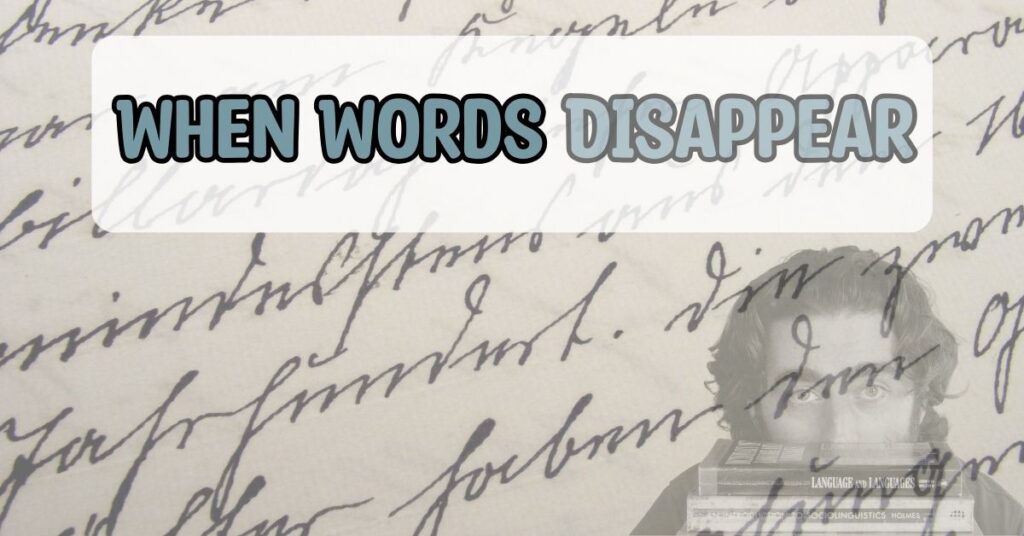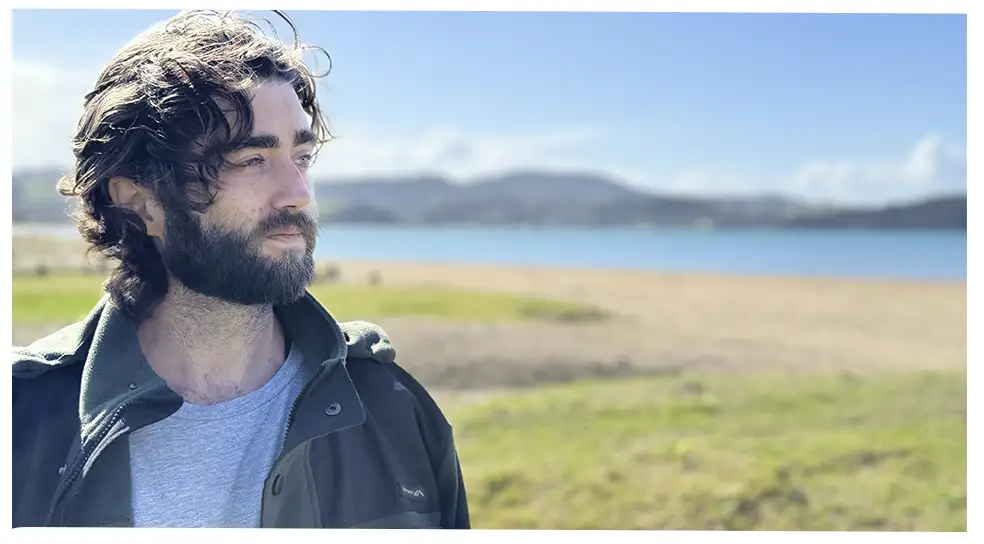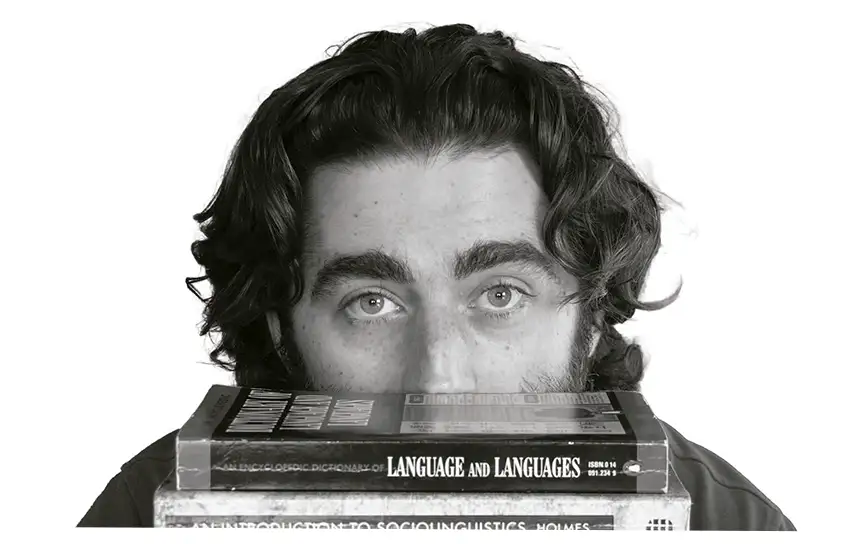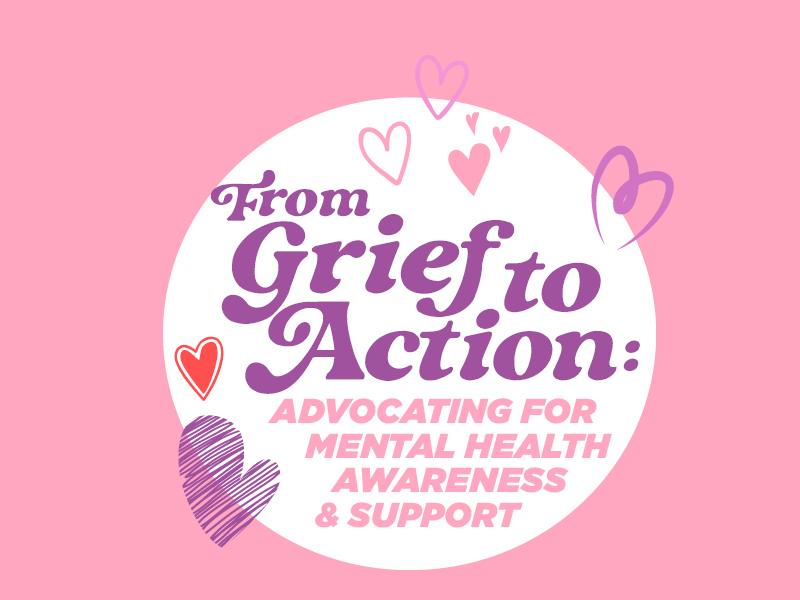
When Words Disappear
The world’s languages are dying!
Every single language on this earth is an intangible taonga, each containing an entire people’s identity, history, philosophy, culture, economic and technological knowledge, and more. And when a language dies, that intangible part of humanity dies with it.
Linguists estimate that there are over 7,000 languages spoken around the world today, but in just 100 years they expect 90% of humanity’s languages will be dead. Today, over 50% of the world’s languages are already endangered, the majority of which belong to indigenous communities whose populations number in the tens of thousands or less. Te reo Māori is still on this endangered list, by the way.
While languages like English, Mandarin and Spanish have huge speaker populations and won’t disappear any time soon, the coming die-off of languages will hit indigenous communities extremely hard all around the world.

Now you might ask, why is this important? Well, aside from being a significant part of human cultural heritage, there are practical aspects as well. When a community loses their language completely, they lose a connection to past knowledge about their local area.
Fishing, farming and horticulture practices are lost, challenging how the community supports itself. Knowledge about who owns what and why that is the case is lost, weakening indigenous claims to their own land and increasing the threat of forced homelessness. There is so much more to say here but that would turn into a book.
The loss of language also impacts identity, where a people who were once rooted strongly in their cultural values lose that important sense of self and direction in life. We can’t replace languages once they are gone, so keeping them around is the only way to preserve our world’s cultural and linguistic diversity.
Why are so many of the world’s languages dying? While there are many drivers, one of the recurring themes is climate change. And no, this isn’t a Greenpeace advert. A huge amount of the world’s indigenous populations live in coastal areas at risk from rising sea levels and worsening storms. Many others that live inland away from the coast are threatened by increasingly unreliable rainfall patterns and rising temperatures.

In both cases, indigenous communities face much greater challenges regarding physical safety and their ability to farm, fish or grow food. This forces people from these communities to migrate as climate refugees, splintering the language by breaking up the community. The new generation will normally learn the language used in their new schools, creating a language barrier between them and the generation before that prevents crucial knowledge from being passed down.
This process is already happening, and the current rate is one language death every 40 days.
Learning to speak a new language is something we can all do, but it’s not always practical. We can instead put time and resources towards encouraging people who speak different languages to preserve, revitalise and promote their languages. We can create environments for these languages to continue existing in, be it here in Aotearoa, or by contributing to overseas ventures that have the goal of language preservation, wherever that may be.
Words by Matt Bowden

Coromind: Coromandel’s Collaborative Magazine

Help us take Coromind Magazine to new heights by becoming a member. Click here
Change the Weather for Your Business: Advertise with Us.
Advertise your business in the whole Hauraki Coromandel in the coolest Coromandel Art Magazine, from Waihi Beach/Paeroa /Thames up to the Great Barrier Island.
Advertise Smarter, Not Harder: Get in Touch






